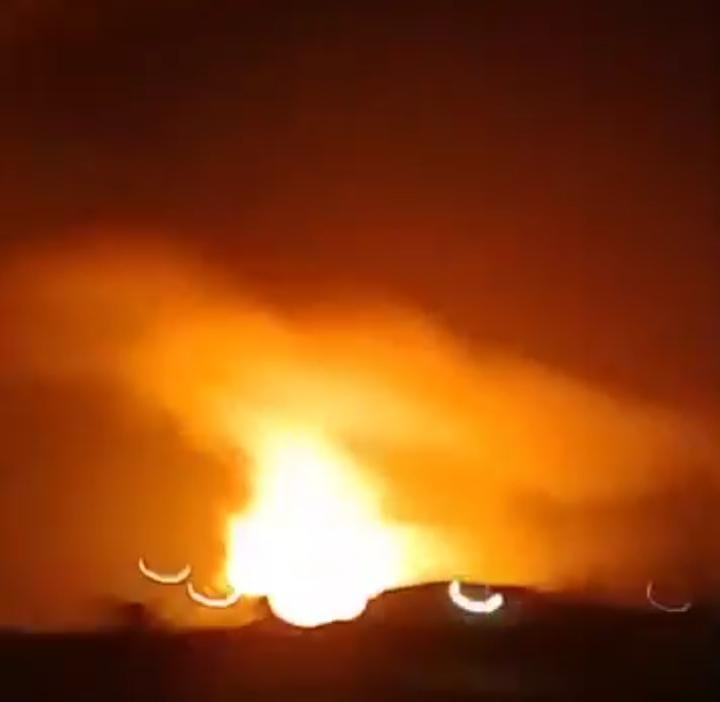Recent military confrontations have exposed glaring weaknesses in Chinese missile, air defense, and aircraft systems deployed by Pakistan, raising serious questions about their reliability in real combat situations. The failure of Chinese-supplied HQ-9B and HQ-16 air defense systems to detect or intercept India’s BrahMos supersonic cruise missiles during the May 2025 Operation Sindoor has been a particularly damaging blow to Pakistan’s defense credibility and to China’s reputation as a global arms supplier.
Pakistan’s air defense network, heavily reliant on Chinese systems like the HQ-9B (long-range) and HQ-16 (medium-range), was unable to prevent precision strikes on key military installations and airfields. Despite Chinese claims that these systems rival Western counterparts such as the US Patriot missile system, their performance under combat conditions has been underwhelming. Indian forces successfully penetrated Pakistani airspace using advanced missiles and electronic warfare tactics, neutralizing air defense radars and infrastructure with impunity. The HQ-9B and HQ-16 were either bypassed, jammed, or destroyed, revealing critical vulnerabilities in detection, tracking, and interception capabilities.
This operational failure has led to growing frustration within Pakistan’s military, which has reportedly lodged complaints with Chinese manufacturers. The Chinese response—that these systems were not designed to counter high-speed, low-altitude supersonic missiles like the BrahMos—rings hollow given the strategic importance of these platforms to Pakistan’s layered air defense architecture. Consequently, Pakistan is now exploring diversification of its air defense acquisitions, showing interest in Turkish systems such as the SİPER 1 and SİPER 2, which promise better resilience against electronic countermeasures and improved radar performance.
Beyond Pakistan, these combat shortcomings are reverberating across African countries, many of which have been significant buyers of Chinese military hardware. Initial enthusiasm for Chinese systems, driven by cost-effectiveness and diplomatic ties, is waning as African militaries confront the reality that these platforms have not been adequately tested or proven in real combat environments. The lack of battlefield validation undermines confidence, prompting some nations to reconsider their procurement strategies and seek alternatives from Western or Russian suppliers or even from India.
The broader implication for China is a tarnished image as a credible and reliable arms supplier. The HQ-9B’s comparison to the US Patriot system is increasingly questioned, especially as the Patriot has demonstrated battlefield success in conflicts such as Ukraine. The failure of Chinese systems in Pakistan not only affects Islamabad’s defense posture but also raises concerns about the People’s Liberation Army’s (PLA) reliance on similar air defense platforms, including nearly 300 HQ-9 variants.
The repeated failure of Chinese missile and air defense systems to perform effectively in real combat scenarios has eroded Pakistan’s military confidence and is causing African buyers to question their defense investments. For China, this is a critical juncture to address technological gaps, enhance system robustness, and rebuild trust in its defense exports. Until then, the narrative of Chinese military hardware as a cost-effective yet capable alternative to Western systems remains deeply challenged by battlefield realities.

